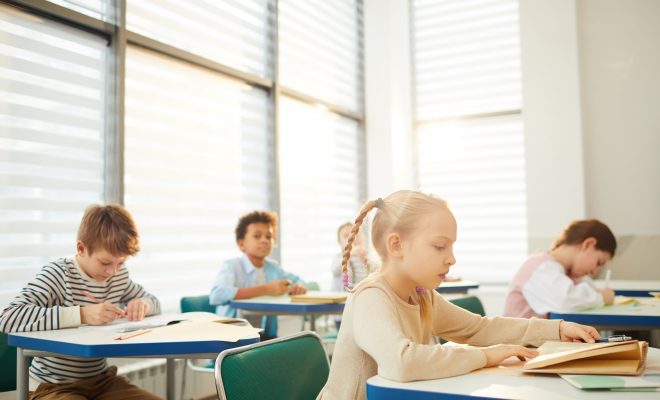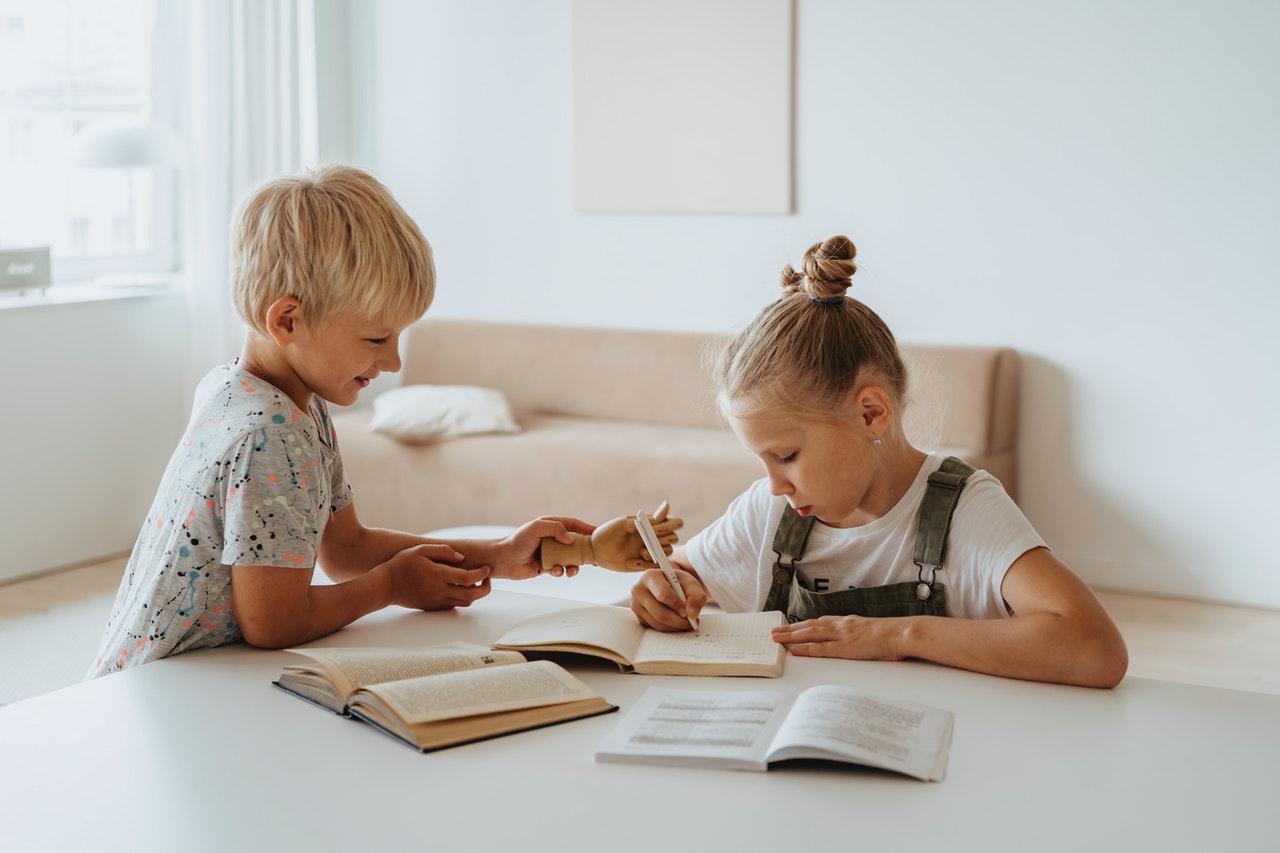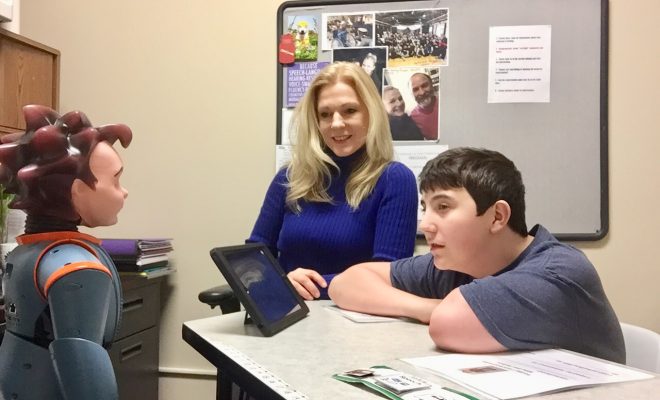10 Things Kids Can’t Learn in the Classroom

You send your child to school for twelve years, and in return, you expect to get well-educated human being.
You will, but there are ten things kids can’t learn in the classroom.
- Networking is critical to success.
Children learn how to make friends in school, but the acquaintances we make in life can help to shape our destiny just as much we may help to develop theirs. That can mean learning how to get along with people who have similar interests but are not necessarily your friends.
- Relationships are far more involved than scenarios.
Students may participate in class discussions about bullying, dating, and marriage, but living the experience is entirely different.
- Life is about changes.
In school, everything is relatively consistent. The academic calendar is highly predictable. So are schedules of classes and classroom routines. Life outside of school is far less predictable, and it’s here that people learn about facing obstacles and finding ways to overcome them or adapt.
- Financial skills create savvy consumers.
Learning how to budget and manage a household is only the foundation of financial literacy. Students also need to understand credit, compound interest, and how to save for retirement. Many schools teach some of these skills, but often without real-world application. Creating a mock budget and entering into a legal agreement to purchase a home create vastly different stresses.
- You must pay taxes.
Many young adults are shocked to learn they must pay taxes, and most do not know how taxes are taken from their paychecks or how to file their taxes quarterly or annually.
- Cursive handwriting is cool.
Keyboarding has taken the place of cursive handwriting. Children rely more on technology and less on their ability to make notes. Cursive has always been the way to take notes because it’s quicker than printing and it helps the brain remember what’s been written.
- Independence means figuring out how to live on your own.
A theory isn’t the same as experience. Being independent means taking on the responsibility of a job, waking yourself up on time, and taking care of all your needs without having to rely on another person.
- Practical skills come in handy.
Knowing how to do household chores is critical to one’s ability to function as an adult. Many children today don’t know how to clean a home, wash bedding and clothing, or even make simple repairs, much less care for a vehicle or organize important paperwork.
- Curiosity isn’t on the test, so it isn’t taught.
It isn’t that teachers are against curiosity. In fact, they love it and wish they could spend more time encouraging it. Curiosity isn’t always included in the curriculum, particularly if your school focuses more on high stakes testing.
- Life will never be fair.
There are no playground monitors in the workplace to make sure that everyone gets a turn or that no one skins a knee. Not everyone gets a ribbon. Kids need to learn how to take advantage of available opportunities and steer their own destiny.
Even though life isn’t fair, kids who learn these skills outside of school will have the leverage they need to live successfully.





